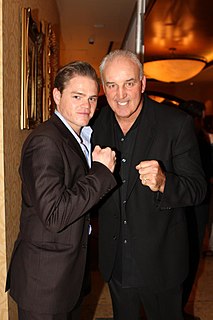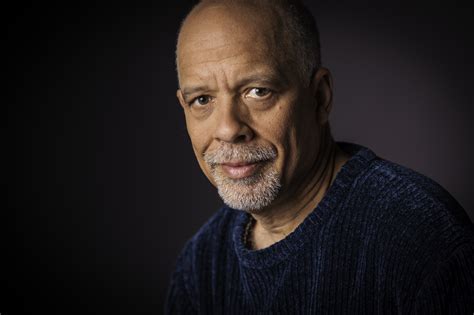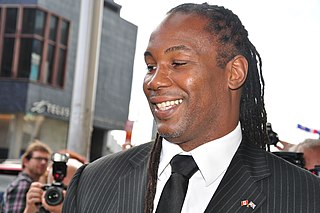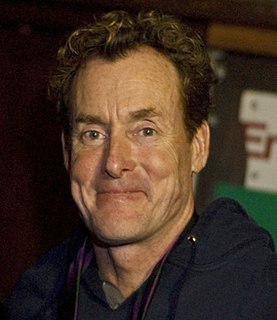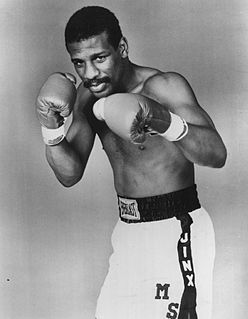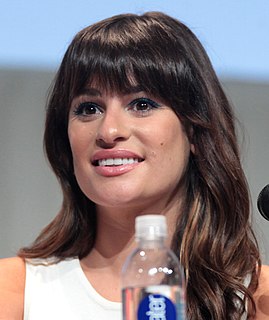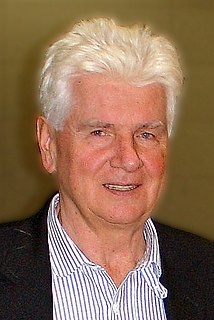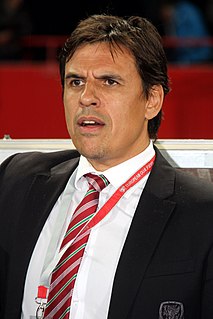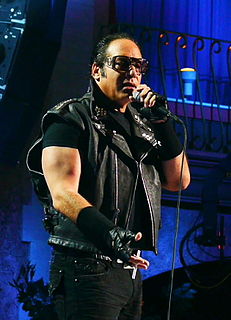A Quote by Gerry Cooney
The only regret I have in my career, is my managers wanted a big payday, and I wanted four or five more fights before going in with [Larry] Holmes. That would have made all the difference.
Related Quotes
I got messed up between my fight with Ken Norton and my fight with Larry Holmes; I got messed up with alcohol. I needed at least a year more experience, with three or four more fights before I fought Holmes. But I couldn't get any fights. Don King had all the contenders, and unless I signed myself over to him, I couldn't get a fight.
At first I didn?t give a damn to go down in history. I wanted to win. But the more I won, the more I thought about leaving something behind. Yes, it's as important as hell to me. I want to leave something that people will remember me by. Of course, a lot of boxers want to do that. But it's not easy. Take Larry Holmes, he was the big man after Muhammad Ali, he wanted to emulate him, but for some reason the public didn?t take him like they did to Ali. I think people won?t fully understand what I contributed to the sport for years.
I wanted to project myself forward to age 80 and say, ‘OK, I’m looking back on my life. I want to minimise the number of regrets I have.’ And I knew that when I was 80, I was not going to regret having tried this. I was not going to regret trying to participate in this thing called the Internet that I thought was going to be a really big deal. I knew that if I failed, I wouldn’t regret that. But I knew the one thing I might regret is not ever having tried. I knew that that would haunt me every day.
But having more freedom she only became more profoundly aware of the big want. She wanted so many things. She wanted to read great, beautiful books, and be rich with them; she wanted to see beautiful things, and have the joy of them for ever; she wanted to know big, free people; and there remained always the want she could put no name to? It was so difficult. There were so many things, so much to meet and surpass. And one never knew where one was going.
